People are turning to video games for comfort in uncertain times, but they've always been a force for good
Games are routinely reviled by those who don’t play them – but in reality, they are a powerful force for good, for everyone
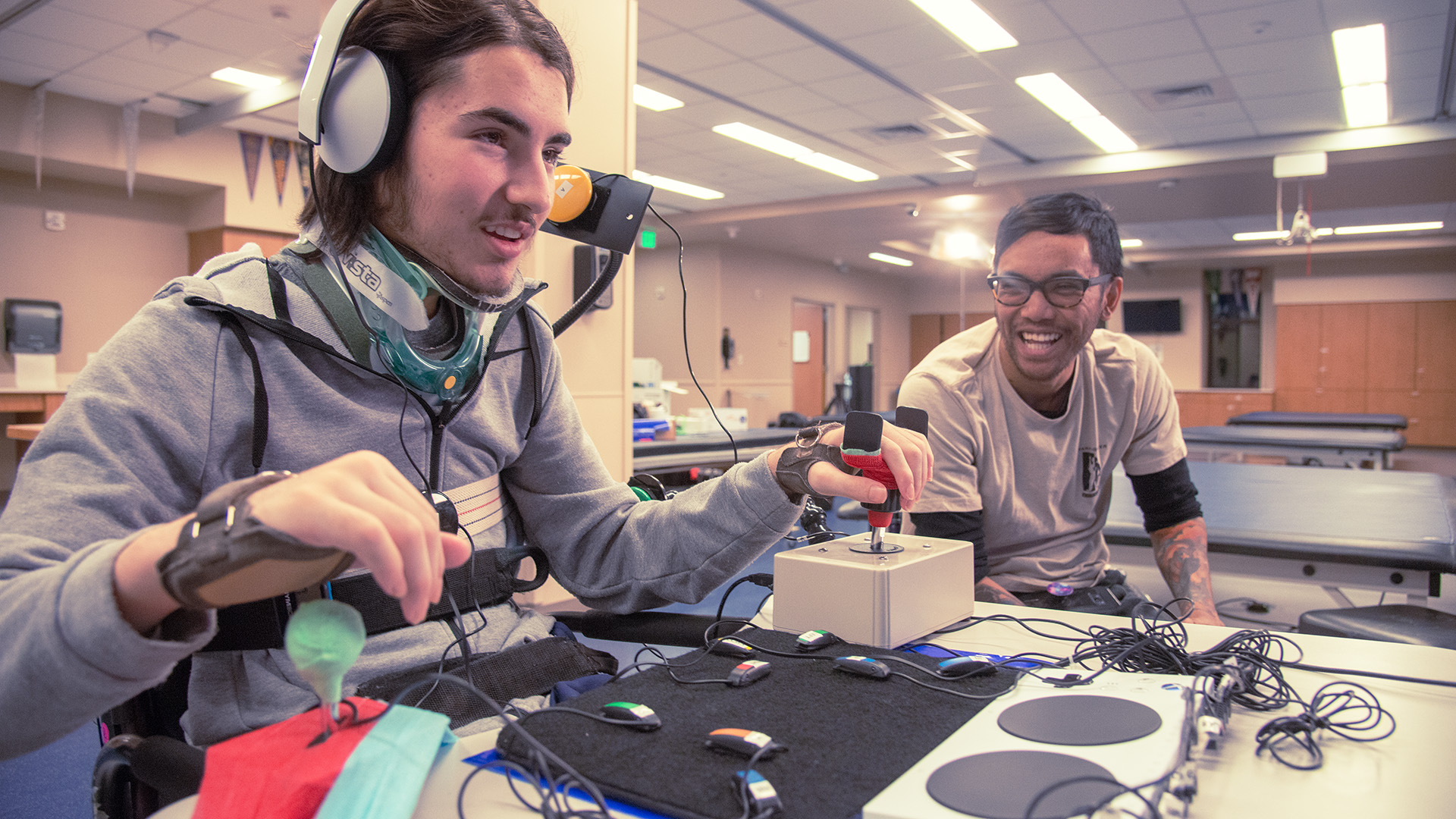
For those who never play them, video games make a convenient scapegoat. Such people would tell you that games are a menace to society – airing views fuelled by a certain sector of the press exemplified by the Daily Mail which, in 2004 alone, ran infamous front-page splashes entitled: 'Murder By PlayStation' and 'Ban These Evil Games'.
The reality is very different, though: games can be and are a force for good. The truth is that games are used in education. They improve mental health – treating cognitive disorders and improving the social skills of those with learning disabilities. They have physical benefits, too: as well as improving hand- eye coordination and reaction times, they are used in physiotherapy and occupational therapy, and can be prescribed to help with pain management.
Games can be educational, and raise awareness of real issues. Ninja Theory's 2018 action game Hellblade: Senua's Sacrifice won a hatful of awards, partly thanks to its often harrowing and utterly convincing portrayal of a character in the grip of psychosis. The Cambridge developer involved a phalanx of mental health professionals in the game's development process, and truly profound insight into the nature of mental illness was the end result. Plus, over the last decade, another trend has emerged: the games industry and the charity sector have come together in a big way.
Building a better world
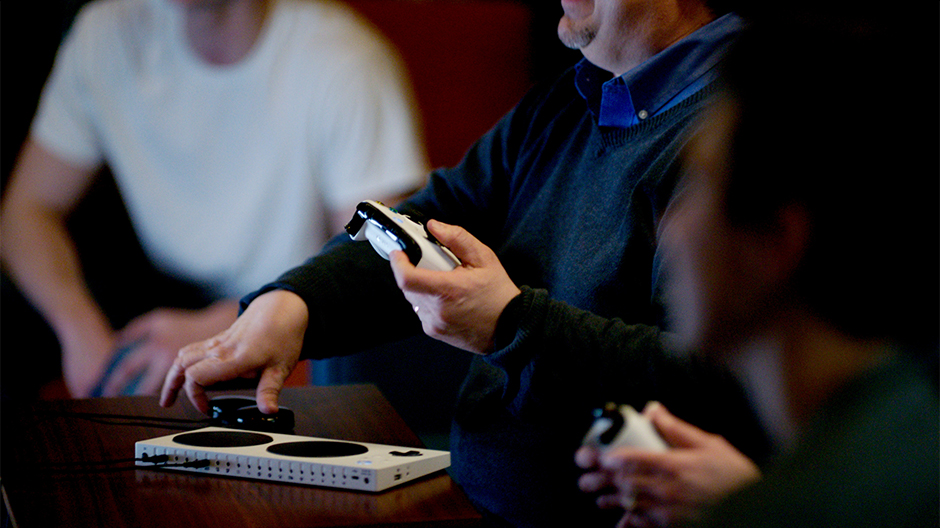
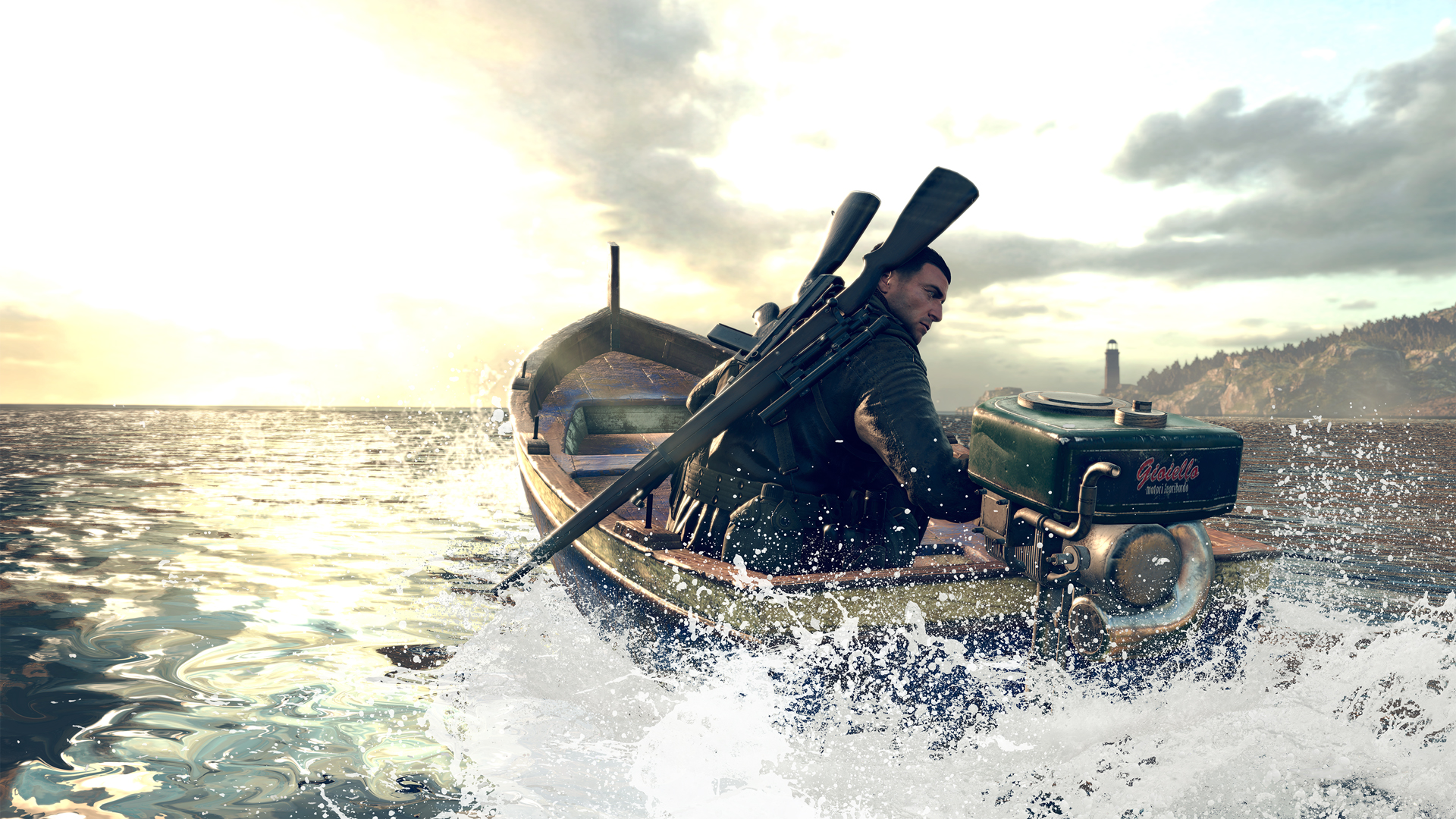
"Stay at home, save lives": UK studios are using their games to encourage social distancing
Perhaps the world's most impressive and heartwarming example of the latter is SpecialEffect, a charity employing about 30 people in Oxfordshire. It is renowned for developing and adapting both hardware and software to enable people with physical disabilities to play video games.
"SpecialEffect is all about sharing what we learn as a multiprofessional team: there are people here who have backgrounds in design, occupational therapy, education and psychology," explains founder and head Dr Mick Donegan. "We provide one-to-one lifelong assessment and support to people of all ages, with a range of physical disabilities. What we are all about is sharing what we learn from our intensive one-to-one work with individuals to benefit people all over the world.
"That probably sounds simplistic and wildly overambitious, but that has always been the aim: to start from the intensive one-to- one support, solving almost insurmountable problems on a daily basis with people with the most complex needs, so that we can then share what we learn with developers."
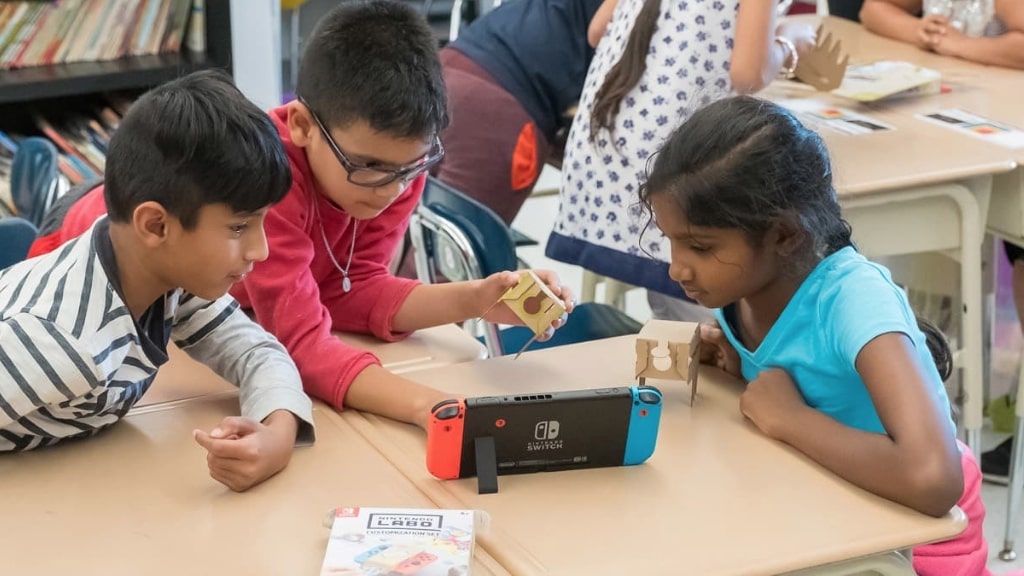
SpecialEffect had input into Microsoft's Xbox Adaptive Controller, having had experience in creating deconstructed, custom games controllers for people with a wide variety of physical disabilities. Donegan describes its most recent item of software, Eye Mine, distributed for free, which integrates with so-called 'eye gaze' systems to provide eye-tracking control over Minecraft: "In my experience there are a lot of people who can move their eyes more easily than any other part of their body, if they have a very severe disability. There's no particular group that needs to play more than that one."
Weekly digests, tales from the communities you love, and more
GamesAid co-founder Andy Payne fingers another key aspect of SpecialEffect's work: its ability to empower the physically disabled: "In their normal lives, frankly, they get patronised by us able-bodied people. But online, when they've got their adaptive controllers, they are an avatar and nobody sees them in a wheelchair, and they feel like normal kids who nobody is judging. Online, all the preconceptions around disabilities start to melt away, and for many of them, it's completely transformational."
GamesAid is the UK games industry's equivalent to Comic Relief. "GamesAid is a lesson in democracy," Payne explains. "A bunch of us thought it would be a good idea for the games industry to take some leadership and responsibility, and raise some money. Rather than set up a foundation or our own charity, we realised there are plenty of charities in the UK. So, we set up GamesAid, which is a bit like Comic Relief, to raise money and awareness."

GamesAid is the UK games industry's equivalent to Comic Relief. "GamesAid is a lesson in democracy," Payne explains. "A bunch of us thought it would be a good idea for the games industry to take some leadership and responsibility, and raise some money. Rather than set up a foundation or our own charity, we realised there are plenty of charities in the UK. So, we set up GamesAid, which is a bit like Comic Relief, to raise money and awareness."
GamesAid presides over a welter of fundraising events: "Whether it's golf, playing pool, sponsored runs, walks, swims, doing special packs to retail or digital, whether it's taking donations direct from gamers – all that stuff is very creative, and since we started in 2008, we have paid out £3,670,623.13."
Payne explains that GamesAid has a rolling set of voluntary trustees from the industry who get involved and provide input along with a constituency of members who, each year, get to vote on which charities will each receive an equal share of the money raised. Games lend themselves beautifully to charity fundraising, providing a platform for gamers and YouTubers to perform gaming marathons and the like. Payne says: "I think gamers give a s**t: they really care. There's a lot of charitable stuff going on. Despite the common perception that gamers are entitled and nasty, they're not."
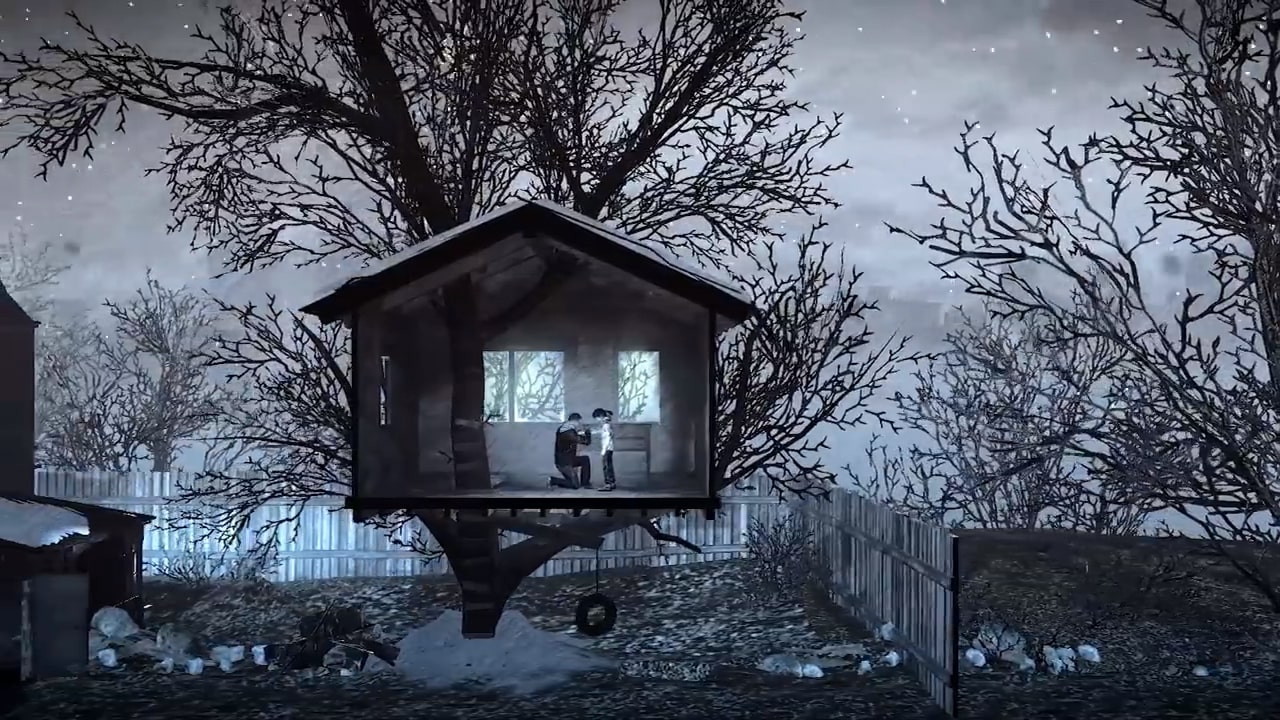
The charitable sector has also cottoned onto that. One example is provided by War Child, the charity concerned with children who have been affected by war and conflict. 11-Bit Studios' 2014 survival-strategy game This War Of Mine, inspired by the siege of Sarajevo in the Bosnian War and which focused on the effects of war on civilians, was so powerful and thought-provoking that it inspired War Child to team up with the games industry. Last year's 11-11: Memories Retold, developed by Aardman and published by Bandai Namco, was supported by an item of DLC that raised money exclusively for War Child.
War Child's head of games, Wayne Emmanuel, says: "That was a separate narrative set during the same story timeline as that of 11-11, but from the perspective of two children. As War Child, we wanted to amplify the voices of children who have been affected by conflict and war, and we thought that was the best way of doing so. That was part of our bigger Armistice campaign that happens every year."
War Child runs a number of games-related campaigns each year – alongside Armistice, Wayne Emmanuel highlights: "Day Of The Girl, War Child FC or Replay, which is all about retro gaming. We've got various campaigns that allow us to speak to different studios and genres."
Harnessing Minecraft
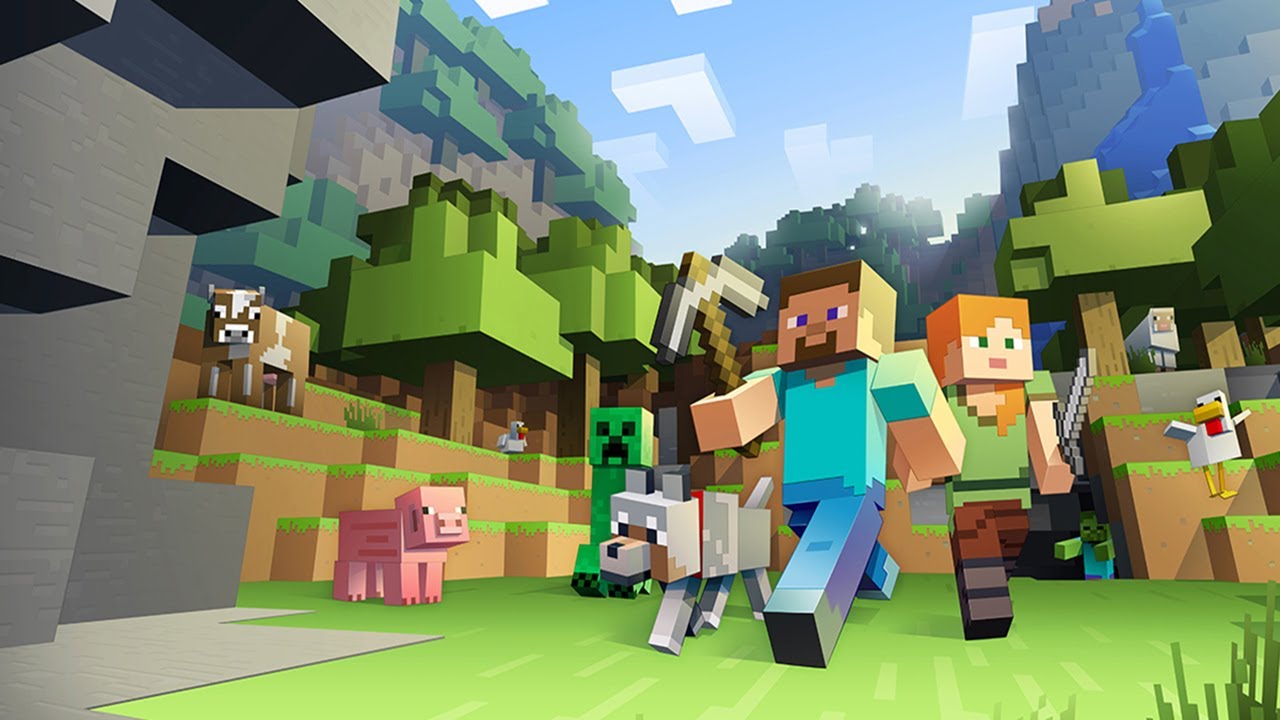
"A bunch of us thought it would be a good idea for the games industry to take some responsibility."
Andy Payne, GamesAid
Away from the charitable sector, other examples of the therapeutic power of games have emerged in recent years. Keith Stuart, The Guardian's games editor, made an entrance to the world of literature in 2017 with a novel entitled A Boy Made Of Blocks, a work of fiction informed by Stuart's experiences of his autistic son Zac's transformative experiences of Minecraft.
Stuart picks up the story: "We knew from even as early as 18 months that he was developed mentally differently from his peers. He had a very limited vocabulary. He found the school playground just terrifying because it was so noisy and chaotic. Eventually, he was diagnosed on the autism spectrum."
By the time Zac was about seven, the one thing that engaged him, Stuart explains, was playing games on an iPad. Stuart then went to a Microsoft showcase featuring the Xbox 360 version of Minecraft. "I immediately thought that it would be quite good for Zac," he remembers. "When I got home, I sat him down with me, in front of the Xbox 360, put Minecraft on, gave Zac the controller and, as I've often explained, it was like one of those classic light bulb moments. He instantly understood what Minecraft was all about and what he had to do."

Minecraft had a transformative effect on Zac. "As soon as he started building stuff in Minecraft, he developed this quite strong vocabulary, almost over the space of a few weeks, because he wanted to share his experiences with us," Stuart says. "Also, he really struggled at school socially. But if we got his peers from school to come home and sit and play Minecraft with him, he was so good at the game that for the first time in his life, he became a social leader. Because Minecraft provides a distraction, it allows him to talk without all the worries and concerns that he usually has about socialising."
News of Minecraft's potential therapeutic effects on those on the autism spectrum has since spread, and there is now even a special autism-spectrum server for the PC version of the game called 'Autcraft'. "Minecraft has created a community for people who often don't get the chance to be in communities or socialise in large groups," Stuart explains. "And it has created almost a mini-civilisation online for people who are non-neurotypical. I think more than anything I've encountered, that shows the value of video games."
Mark Griffiths, professor of behavioural addiction at Nottingham Trent University's Psychology Department, is a lifelong gamer who boasts over 30 years' experience of researching the psychological effects of video games. He supplies a sheaf of papers he has written detailing the therapeutic effects of games, saying: "The basic point is this: there is no evidence that moderate gaming has any negative effects at all, and most of the research shows that it has very positive effects. I have published loads of research on the positives of gaming, but of course it's always the negatives that get attention. The negative effects only occur in a tiny minority of individuals."
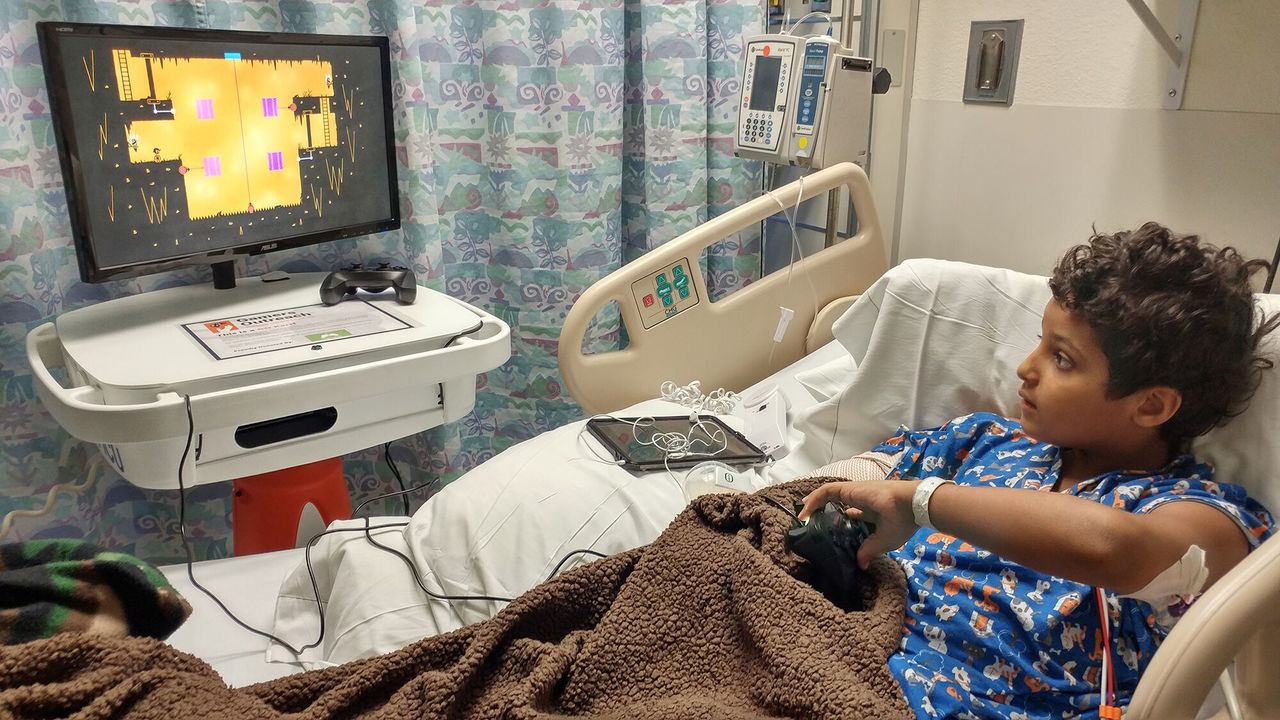
One eye-catching item of research which leaps out concerns the use of games as a sort of surrogate for painkillers: "video games are so cognitively engrossing that you literally forget about everything else. You find study after study showing that if you get kids to play video games when they've had things like chemotherapy or whatever, they need significantly less painkillers."
The wider benefit of games doesn't stop there, however. "I remember ages ago talking about schools that were using Sim City as a way of teaching economics, for instance," Griffiths continues. "In 'god games', when you do things, you realise they have consequences. I always argue that even in games that are particularly violent, there are still strategies there that involve problem-solving skills and cognitive skills; even games that might have morally questionable content can still have good effects.
"Every week I'll get an email from a parent saying their kid is addicted to social media or video games," Griffiths admits. "I'll ask why they think that, and they'll say: 'Because they spend three or four hours a day on it.' And I'll write back saying we psychologists have got a word for that: it's called 'normal'. What parents don't like is the idea of kids spending four hours on social media or gaming because it's not something they do themselves. That's a technological generation gap." For Griffiths, and anyone else with a purely rational perspective on video games, it's obvious that they provide myriad benefits.
Looking for something to do with your new found abundance of time? Well, there's never been a better time to seek solace in virtual worlds.


